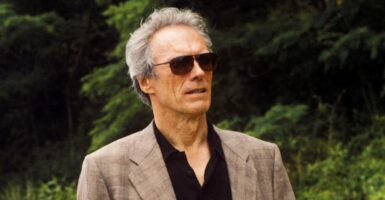Apollo 11 Astronaut Michael Collins Has Died
Michael Collins, an astronaut for the Apollo 11 mission, has passed away.
This article is more than 2 years old
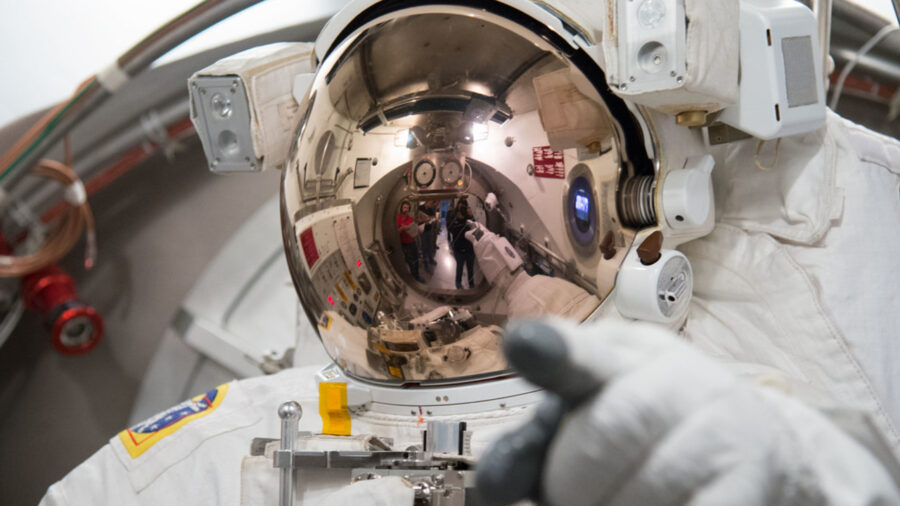
The most important man on the Apollo 11 space mission has sadly passed away at the age of 90. Michael Collins, who was the third member of the famous crew that also included Buzz Aldrin and Neil Armstrong, succumbed to cancer after a lengthy battle.
In Collins’ family statement, they said, “He spent his final days peacefully, with his family by his side. Mike always faced the challenges of life with grace and humility, and faced this, his final challenge in the same way.”
The Apollo 11 space mission, the first lunar landing mission in 1969, had only Aldrin and Armstrong taking historic walks on the Moon. Michael Collins never stepped outside of the Apollo 11 spacecraft, nor did he even land on the Moon. Collins was busy 60 miles above both Aldrin and Armstrong, piloting the command module as it circled the historic duo. For this reason, many forget that Collins was even part of the mission, often calling him the “forgotten astronaut.”
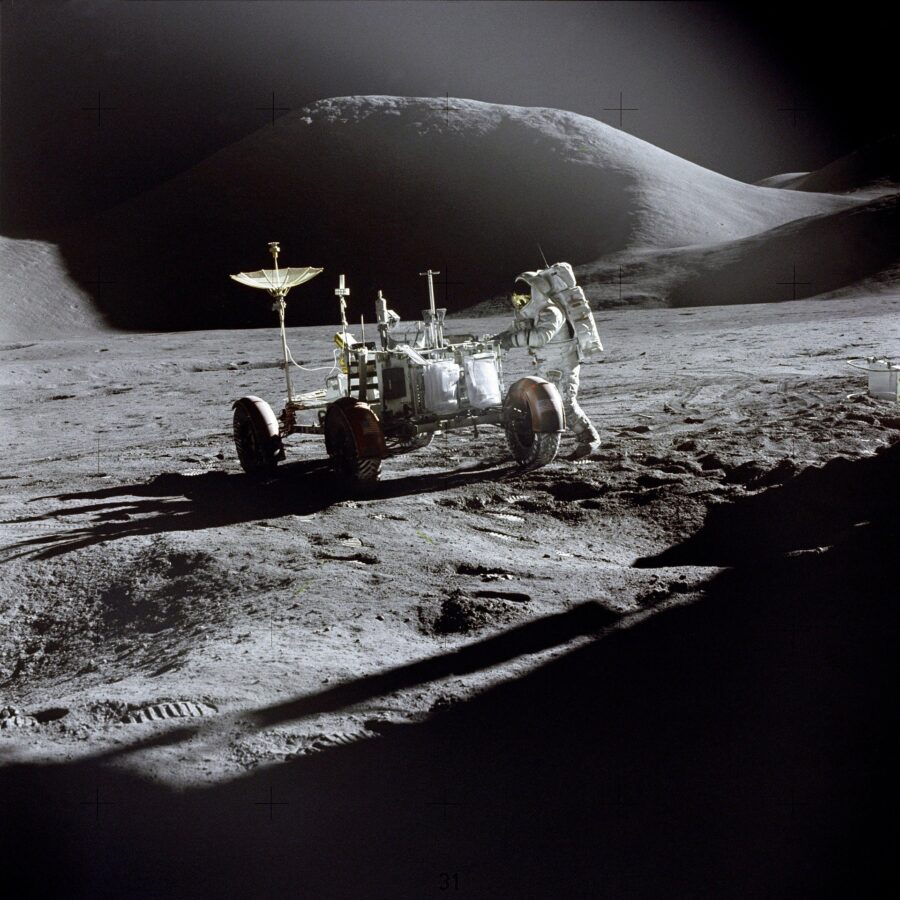
At the announcement of his passing, NASA Administrator Steve Jurczyk said in a statement through NASA’s website, “NASA mourns the loss of this accomplished pilot and astronaut, a friend of all who seek to push the envelope of human potential. Whether his work was behind the scenes or on full view, his legacy will always be as one of the leaders who took America’s first steps into the cosmos. And his spirit will go with us as we venture toward farther horizons.”
Michael Collins was just as giddy with excitement, though far above, when Armstrong first stepped on the moon, uttering the famous words, “That’s one small step for [a] man, one giant leap for mankind.” He was on the radio, communicating with the Houston team, explaining he was also listening to his comrades on the moon and that it was “fantastic.”
As Collins was doing his solo duty far from Earth, he later described his time, “The thing I remember most is the view of planet Earth from a great distance,” he said via NPR. “Tiny. Very shiny. Blue and white. Bright. Beautiful. Serene and fragile.”
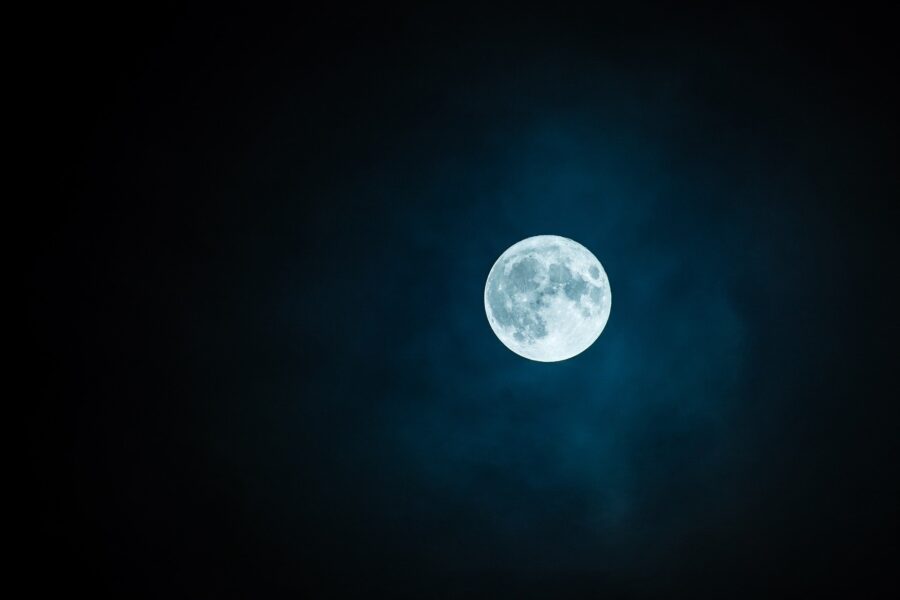
During his orbit, Michael Collins was able to interact with Houston controllers half the time, but when he was on the dark side of the moon, he was completely cut off from everyone, including Aldrin and Armstrong. For this reason, he was often dubbed the loneliest man in humanity. Collins never saw it that way, though. “The fact that I was … out of communications,” he said in a 2016 NPR interview, “rather than that being a fear, that was a joy because I got Mission Control to shut up for a little while. Every once in a while.”
Sadly, if asked, there aren’t many who can name all three astronauts on the Apollo 11 space mission, let alone know that there were actually three who flew to the moon. Francis French, a space historian, finds it shameful Collins’ name isn’t mentioned more often. “It’s a shame that when people are asked, ‘Can you name the Apollo 11 crew.’ Mike Collins is normally the name that doesn’t come to mind,” said French through NPR. “Because in many ways he was the keystone of the mission. He was the one who really knew how to fly the spacecraft solo (the only person who flew a spacecraft solo in the entire mission) and the only one who could get all three of them home.”
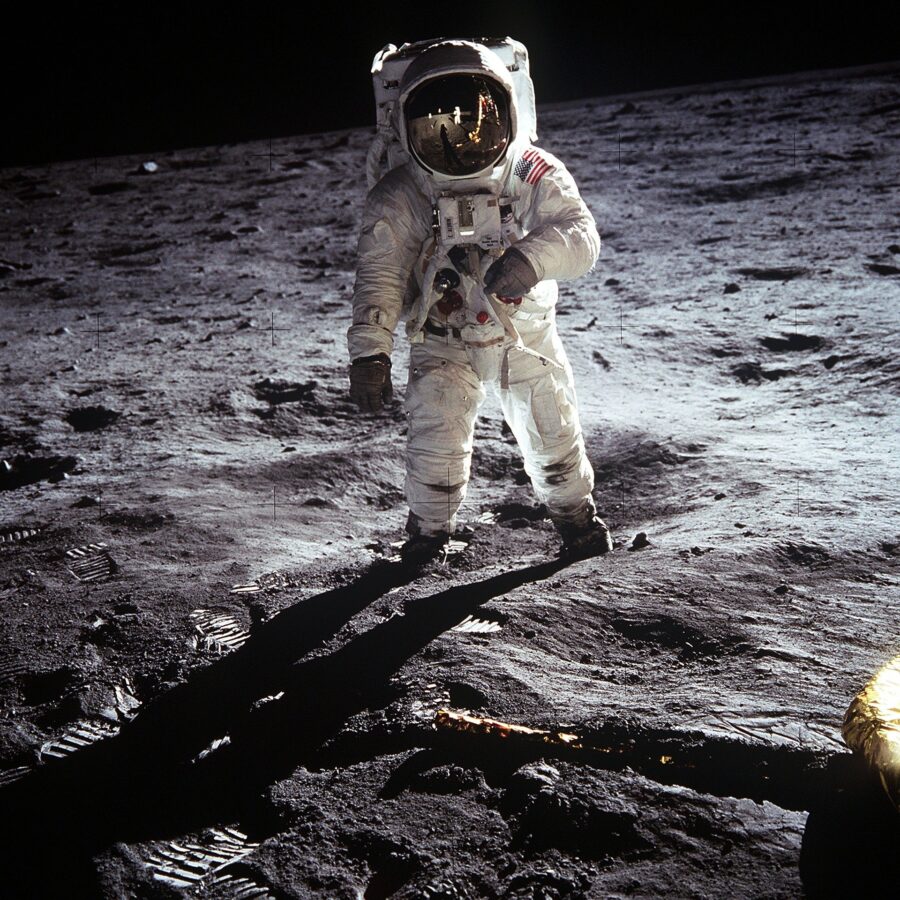
French also pointed out that on the chance that something went wrong on the surface of the moon, Collins was there to help. “And if something went wrong with the lunar lander that Neil Armstrong and Buzz Aldrin were in,” French explained, “Michael Collins had the engine that could try to rendezvous with somewhere around the moon and rescue them.”
The passing of Michael Collins leaves only Astronaut Buzz Aldrin alive from the three-man crew. Neil Armstrong died of coronary artery disease in 2012. Aldrin, now 91-years-old, posted a loving tweet in memory of his recently departed friend.
The nation has lost a true hero. Even though Michael Collins never stepped foot on the lunar surface, his place in history will never be denied. Collins was the backbone of the mission, though not one ounce more or one ounce less important than both Aldrin or Armstrong.
The Apollo 11 space mission ended up being Michael Collins’ last space mission. When he looked back on his time with NASA, he called it “a chapter in my life — the shiniest best chapter in my life — but not the only one.” To us, though, it was one of the most important chapters a person could write. RIP Michael Collins.












